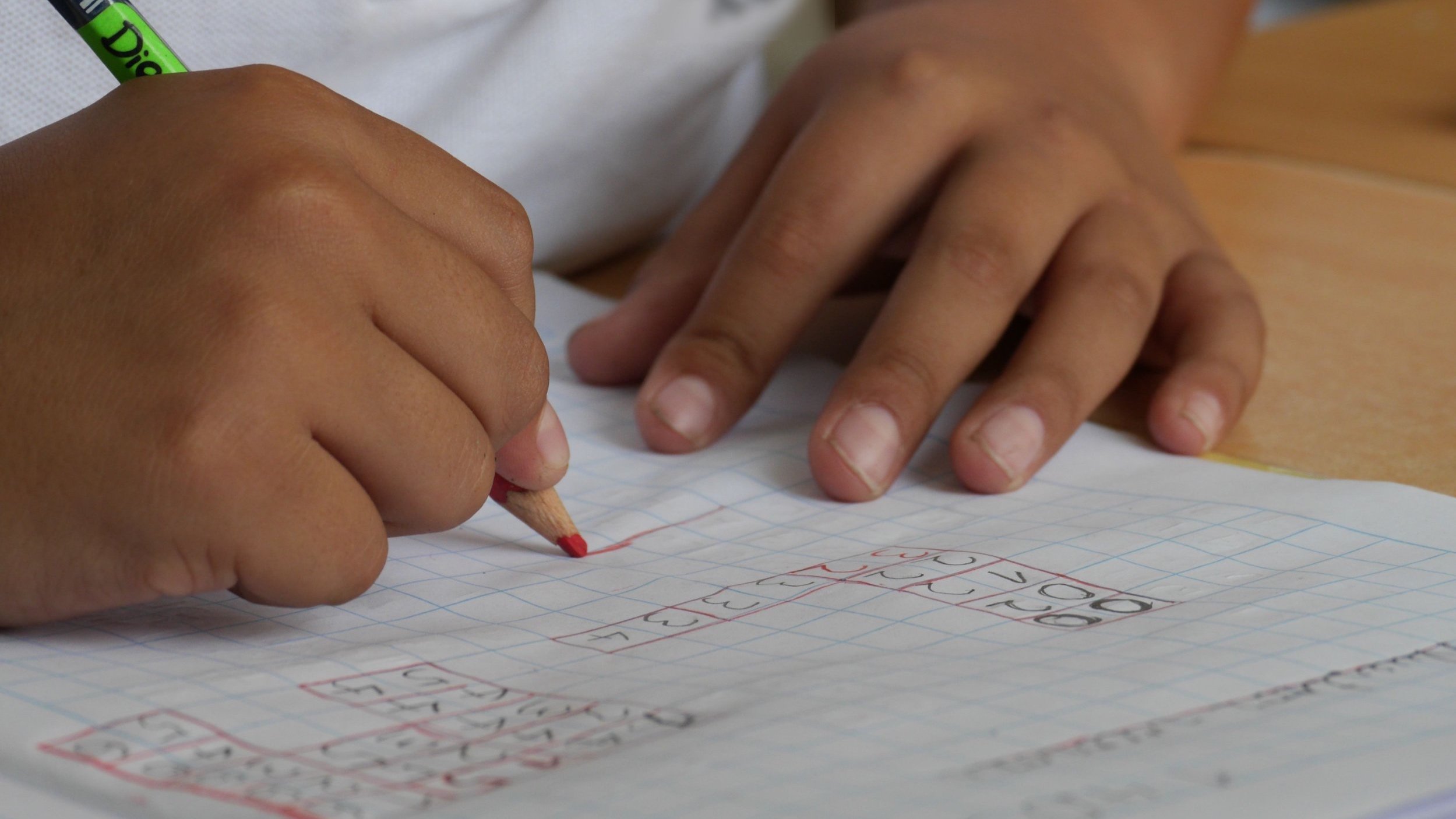
Veritas Special Issue
virtue in the sciences or social sciences
Veritas Forum 2020
January 20, 2022 | By Timothy Han SM ‘22
On December 6, 2017, AlphaZero, a new chess program developed by Google, changed the world. AlphaZero made its world premier in a match against Stockfish, the most dominant algorithm in chess history. Ever since IBM’s DeepBlue defeated world champion Garry Kasparov in 1997, engines have reigned supreme over humans in the world of chess. Stockfish, the latest in a long line of formidable chess algorithms, could evaluate 70 million moves per second; AlphaZero could only manage 80,000. An open-source program that has been ceaselessly improved since its debut in 2004, Stockfish came armed with countless formulas, strategies, and even endgame sequences to plan for every contingency.
January 20, 2022 | By Vienna Scott BF ‘21
I was vaguely aware of astrology in high school but, my real introduction occurred in my freshman year at Yale. As far as I was concerned, Leo was an actor and Cancer was a disease. But when a classmate offhandedly mentioned that there hasn’t been a Pisces president since 1897 in a seminar and the professor didn’t guffaw, I realized I needed to study up on all things above the stratosphere.
January 20, 2022 | By Raquel Sequeira TD ‘21.5
“I’ve never felt as dependent as I am today on shaky data to make what could be life or death decisions.” I was struck reading the words of Dr. Neel Shah, an obstetrician describing what it’s like to care for pregnant patients in the midst of the coronavirus pandemic. [1] As I watch the world through my internet browser, scientific facts seem to flip-flop like pundits. A graph of biotech stocks, responding to daily progress reports from the companies racing to produce a vaccine, might as well be tracking the sentiments of Facebook users as each new pandemic model urges hope or despair.
January 20, 2022 | By Jadan Anderson MC ‘22
Two years out from her twenty-year service with the U.S. Air Force, Mom keeps an American flag, neatly folded and elegantly framed in a closet downstairs, and insomnia between the restless tosses and turns of her four-hour sleep cycle. Though Mom is undoubtedly one of the strongest women I know, insomnia is just a single item on the long list of ailments that warrant her full disability compensation. That she has full disability is, to service members recently retired or retiring, great news. The sudden and somewhat steep drop of benefits experienced by veterans as they retire from service often feels more like getting the boot than a grateful send-off.
Veritas Forum 2021
May 27, 2022 | Maria Copeland, JMU ‘22
What chronic illness and an extraordinary case study taught me about physical healing and spiritual formation.
January 20, 2022 | Hannah Turner BK ‘23+1
Life is inherent to our being. While rich with opportunities for great love, life is also rich with the possibility of great hurt. In this life, it is natural for people to distinguish such experiences as good or bad—often honoring one and desiring to stray from the other. This is exemplified in interpersonal relationships, from those between husband and wife to between two children at school. Society today seems to concentrate on the moments of great love but encourages passing by great hurt as quickly as possible. There is no time spent validating feelings, or addressing the why behind negative sentiments—especially for men. The field of psychology, however, recognizes the nuance in these situations while maintaining the importance of attending to problems that may arise.
January 20, 2022 | By Serena Puang DC ‘22+1
I grew up in Arkansas, but for most of the last eight months, I’ve lived with my aunt and grandma in Taiwan. This lent itself to more than a few moments of culture shock and miscommunication. For the first two months, I felt like no one at church or in my ballroom dancing club wanted to be my friend. I would say hi and try to make conversation, but it always felt one sided.
These interactions led me to conclude that Taiwanese people, in general, were not friendly. After all, if a new person had showed up at my church/school/club meeting, I would never treat them that way. Was there something wrong with me? What was I doing that was putting people off?
January 20, 2022 | By Shi Wen Yeo MC ‘23
Memory is like a haze that gradually sharpens into focus as one grows up. One of my earliest, albeit haziest, memories is of Saturday afternoons when I was nine years old. For any child that age, Saturday afternoons were synonymous with pee-wee baseball games, time spent hanging from tree castles or playing in the sand. For me, Saturday afternoons were the longest afternoons of the week. Instead of basking in the gentle sunshine, I spent those afternoons suffocated by harsh, luminous lights that dangled from the ceilings of my “tuition center.” And I was not the only one.









January 20, 2022 | By Sharla Moody BK ‘22
Water surges past the Statue of Liberty’s waist, empties into the crowded rush hour streets of Manhattan. Cars, trucks, and buses surf on the wall of filthy water bearing down on terrified bystanders. The sky erupts with hail the size of basketballs, indiscriminately falling on people frantically running to take shelter. Enormous tornados engulf entire skyscrapers in Los Angeles, spitting rubble down onto screaming bystanders, the carnage raining down beyond any Old Testament judgment.